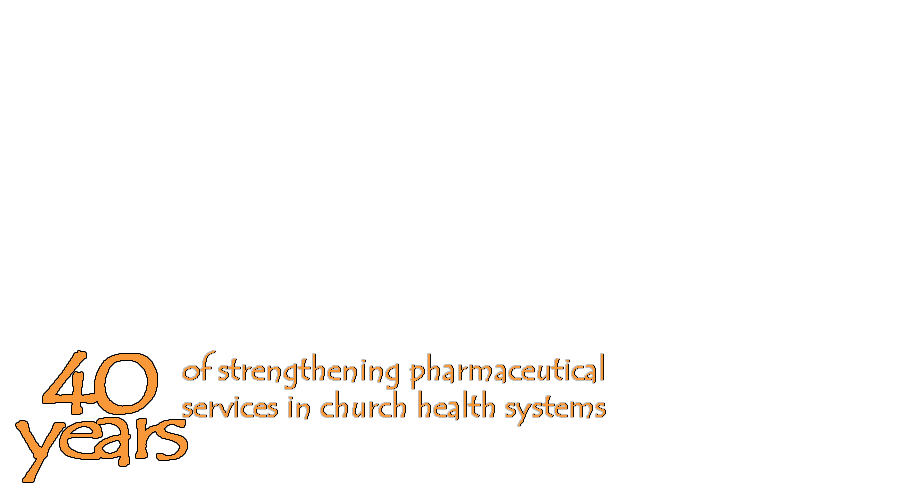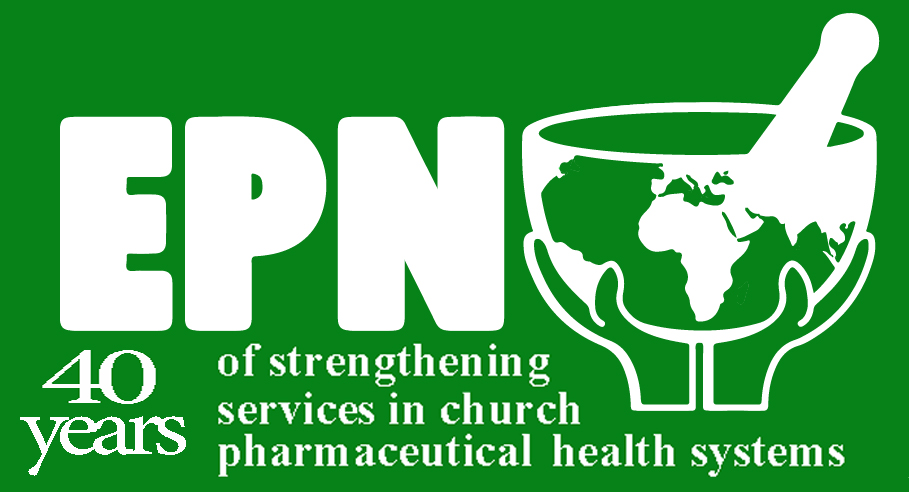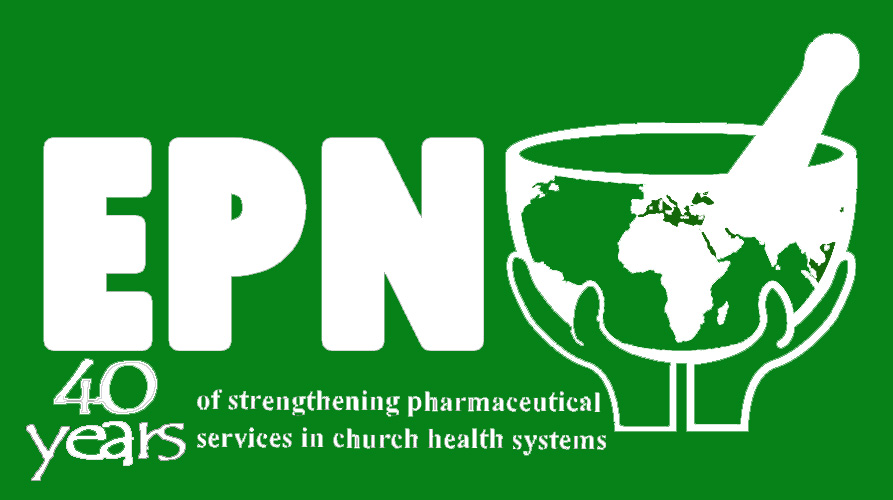
Preventing Anti-Microbial Resistance
Who is this Course For
Public or Private Health Professionals engaged in clinical practice, drug dispensing or policy making, with 5-7 years of experience.
Key Roles: Clinician, Facility/Hospital Pharmacist, Laboratory technician, Veterinary professional, Epidemiologist, Nurse and Staff involved in community counselling.
Key Features
Adult learning | Competency Based | Social Learning | Practical Approach
Course Duration: 9 Hrs
Antibiotics are life-saving medicines, and their discovery is among the most important advances of the 20th century. The emergence and spread of drug-resistant pathogens that have acquired new resistance mechanisms leading to antimicrobial resistance continues to threaten our ability to treat common infections. Especially alarming is the rapid global spread of multi- and pan-resistant bacteria (also known as “superbugs”) that cause infections that are not treatable with existing antimicrobial medicines. Antimicrobial misuse in healthcare is one of the common causes of AMR. It is a complex problem that requires a united multi-sectoral approach that brings together multiple stakeholders engaged in human, terrestrial & aquatic animal and plant health, food and feed production and the environment to communicate and work together in the design and implementation of programmes, policies, legislation and research to attain better public health outcomes.
This course helps you understand the emergence of AMR and its patterns, causes and consequences and practical methodologies to prevent AMR at a facility level. The course also provides several templates and tools with guidance on how to use them in your settings. Finally, the course requires the students to create an action plan for their own facilities on how they plan to track the use of antibiotics and prevent AMR.
At the end of the course, students should be able to:
- Describe antimicrobial resistance, its emergence and patterns,
- Explain the mechanisms, causes and implications of AMR,
- Describe the strategy, mechanisms and activities that can be used to preserve anti-microbial effectiveness, and
- Develop action plans for addressing antimicrobial resistance and antibiotic use practices within a facility or hospital context
Cours Content
About Instructor
EPN
11 Courses

Cours Includes
- 7 Units
- 22 Tasks
- 10 Quizzes
- Cours Certificate


